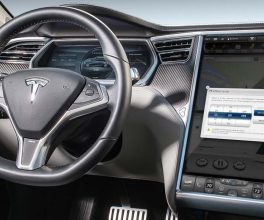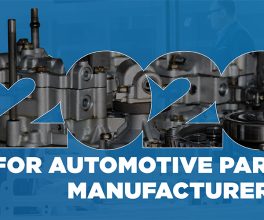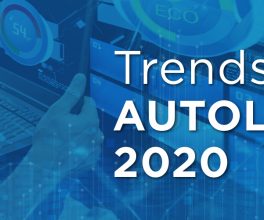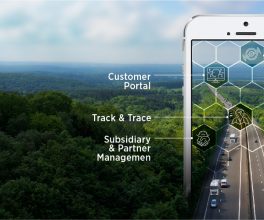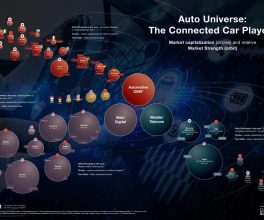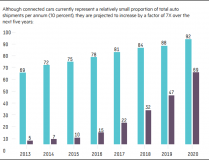For most consumers, buying a car is a long, complex process that involves a significant amount of research into different brands, models, and features, leading to a purchase driven by both emotion and logic.
Given the time and financial investment that goes into this, consumers want auto dealerships to deliver a highly personalized and pleasant customer experience.
Without access to the right metrics and tools to facilitate a better customer experience, auto dealerships are subject to criticism for not meeting customer expectations. These disappointments can affect the dealer’s reputation—and bottom line.
Forward-looking dealers are deploying new technologies utilizing artificial intelligence (AI) to improve the customer experience. Dealers have an impressive backlog of data at their disposal, which AI applications can analyze to improve sales and marketing processes, and alleviate some of the stress and aggravation consumers experience when shopping for a car.
Here’s a look at how the artificially intelligent auto dealership of the future will function.
The role of artificial intelligence in transactions
Chatbots and virtual assistants are examples of AI tools that help auto dealers better manage their inbound inquiries online. These applications can work in simple customer service transactions—such as booking a service appointment—to streamline the process.
But dealers also field inquiries from customers via offline channels, particularly over the phone, at various points throughout the customer journey. Our studies show that 70% of calls to dealerships are inquiries for parts or service, and an additional 10% are for new sales opportunities.
But are dealerships making the most of these business opportunities as they arise? Apparently not, as 20% of all calls placed to dealerships are unanswered or abandoned by the caller. Dealers are clearly mismanaging these inbound phone calls from customers, which is where AI-based speech analytics can step in.
With speech analytics technology, artificial intelligence can work behind the scenes to provide insights to sales representatives and dealership managers that shed light on points throughout the sales process that can be improved through additional training, or by altering typical practices.
Speech analytics technology uses machine learning and natural language processing to record the content of the call and provide better understanding of the interaction by analyzing the customer’s intent, the sales associate’s skills, and the outcome of the call.
The resulting data may show that call-handling in the service department causes hundreds of customers to hang up before talking to a service advisor, or that call scripts used in the BDC are creating customer frustration.
With these broad-scale insights into real customer interactions and tools to isolate problems or opportunities, dealers are transforming their customer experience and improving their business.
Marketing smarter with artificial intelligence
As mentioned, auto dealerships have access to valuable data from various touch points with customers, especially by phone, which can benefit sales, as well as marketing.
By analyzing this data with AI technology, auto marketers can garner a much more holistic picture of their target customer. Not only will this help eliminate irrelevant touch points and negative customer service experiences, it also allows marketers to better identify their target audiences and offer campaigns, products, and services that will truly resonate.
Artificial intelligence benefits business and consumer
AI stands to help marketers and sales teams work more efficiently and add significant value to the business. But more importantly, customers receive the personalized service they crave through each stage of this highly emotional decision-making process—from when they are first exposed to a dealer’s marketing campaigns, until the end when they buy a new car or book a service.
With AI and analytics, dealers will be able to identify missed business opportunities, recognize key areas to revamp core processes, and ultimately, flip the script on their own reputation for customer service.
Author – Matt Muilenburg
Courtesy of Dealer Marketing Magazine









